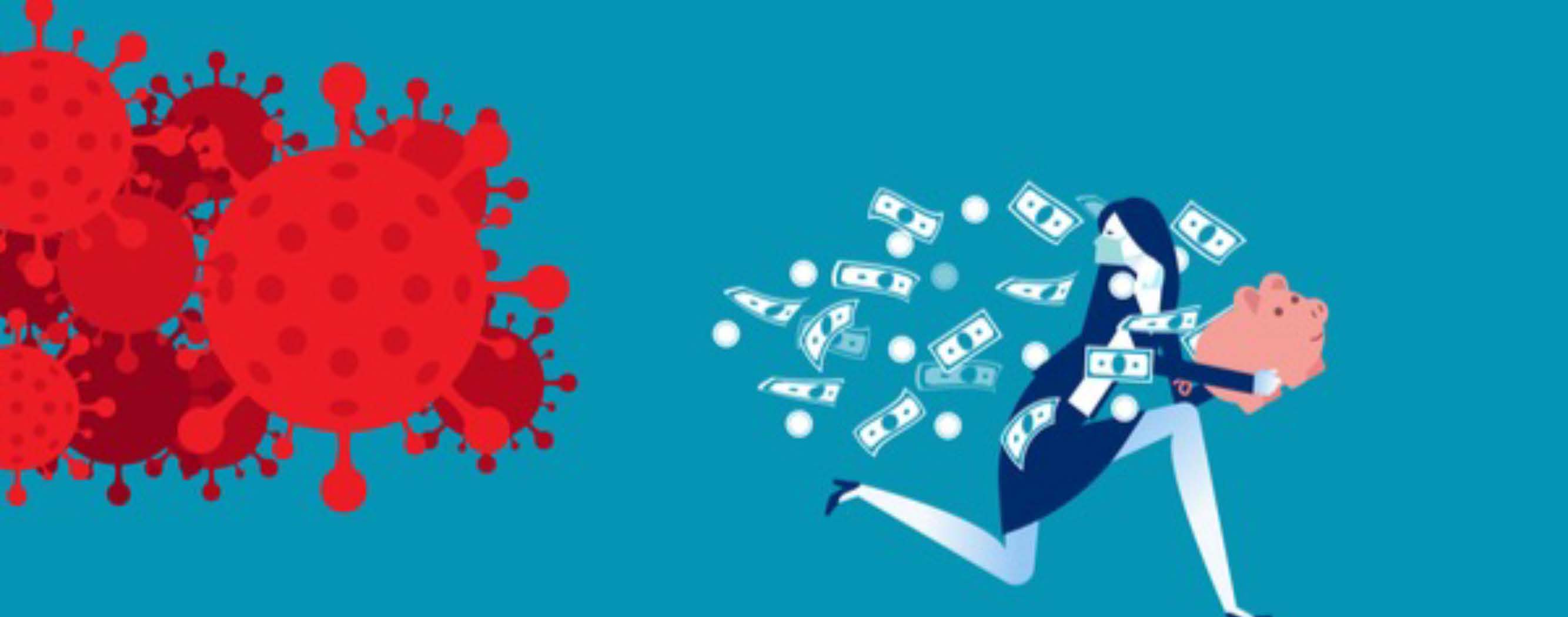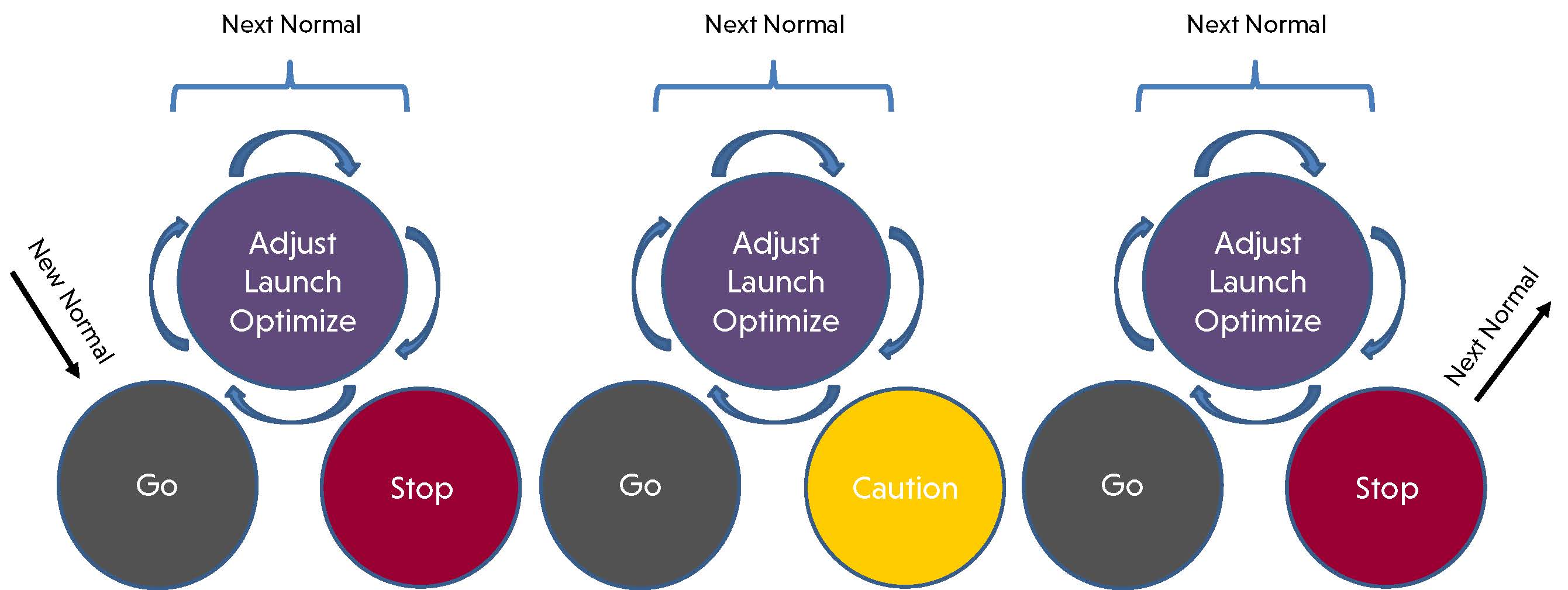

J&C Blog
Find all the latest marketing trends on the J&C Blog.

Find all the latest marketing trends on the J&C Blog.
Get Ready to Pivot: Marketing’s Evolution in an Ever-Changing World
Amid COVID-19 and global conflict, marketing has not stopped evolving.
Newsflash: Marketers around the country identified trusted relationships as their customers’ highest priority in 2021. Impressively, the highest percentage of marketers reported that their customers now focus more on “trusting relationships” than “low price,” despite the economic downturn. This is not a fluke: according to the Chief Marketing Officer (CMO) Council, customers’ focus on trusting relationships has increased by 47% since this question was first asked in 2009.
Customer trust — not lower prices — is what’s most important
There’s a significant opportunity for brands to try new products, services, or go-to-market models on willing customers who trust their brand and are less price-sensitive than before.
When marketers were asked which consumer behaviors they had observed most during the pandemic, 43.3% noticed an unwillingness to pay full price while just 24.9% note weaker loyalty levels. Furthermore, marketers believe that their customers’ willingness to pay full price may return to normal levels over the next six to eight months.
But how do brands build customer trust?
The strength of a trusting relationship may lie, in part, in the company’s corporate social responsibility (CSR) initiatives. In fact, 79.1% of marketers believe that customers are monitoring their social activism, outreach, and investments during the pandemic. With the prevalence of social media, customers can express their dissatisfaction with brands to a wide audience or amplify brands that are doing the right thing.
Note how major brands have responded to the Russian invasion of Ukraine. For multinational companies, it meant cutting or limiting ties to Russian markets and companies. Automakers including Volkswagen and Renault have shifted manufacturing operations out of Russia. Disney has canceled movie releases in Russia. And in the financial services sector, Mastercard and Visa have blocked many Russian financial institutions from their network.
Meanwhile, the effort has been supplemented with humanitarian support for Ukraine. Mastercard and Visa have promised $2 million in relief, FedEx is helping transport supplies, and fast-food chains like McDonald’s are donating food. These efforts show a more human side to a brand. Customers are likely to support brands that align with their own causes. Social responsibility humanizes a large corporation and shows that real people are behind the decisions, rather than pure profit and numbers.
The challenge for marketers then is to exercise this trust and create brand attachment that delivers continued business for the company well into the future. But proceed cautiously, because…
It will not be business as usual in the near future
An ongoing cycle of pivots and iterations is in store, maybe for years…

Over the past 24 months, marketers have had to learn to pivot as emergency actions were taken, businesses closed, and then eventually re-opened — only to go through the same exact cycle once again as new waves of COVID-19 occurred or new variants emerged. In addition, global conflict has thrown a wrench into traditional business operations, adding even more uncertainty for the future.
Businesses will continue going through this cycle of starts and stops, learning new things, starting new marketing campaigns, optimizing those campaigns, only to stop, then start once again possibly in a new direction.
Get into a “pivot-ready” mindset
Many marketing leaders were not prepared for the chaos COVID-19 brought, having to improvise and create new strategies, then having to pivot once again as new priorities emerged. That’s why companies report the highest-ranked skills they are looking for in new hires is the ability to pivot, followed by a high degree of innovation skills and the ability to navigate through uncertain times. These days, innovation and ambiguity skills rank higher for additional staffers than data science backgrounds and MarTech platform experience.
At the same time, marketers know that pivoting, agility, and navigating ambiguity are challenging soft skills to learn in “normal” business contexts. For that reason, companies should consider the pandemic as an opportunity to continue developing in this area. But to do so, marketing training budgets will need a fresh look. Much of this type of training was stopped over the last year. Often marketers will look internally or put pressure on business schools to beef up their curricular offerings and noncurricular activities to foster these important skills, which is fine. The challenge for marketers, however, will be to maintain this “pivot-ready” mindset among their teams once things calm down.
Tech may be a good business sector to study, as this industry improvised more than most. Several distinctive strategies stand out:
These are things that all marketers need to do in the months and years to come. When you begin to take on any of the initiatives mentioned above, contact J&C.
J&C can help you understand what’s new and prepare for what’s next. Our mission is to shatter response rates for financial, insurance, and any other companies in the regulated and restricted products market. To learn more, get in touch with J&C today.
To learn more, get in touch with J&C today.
Topics: Direct Mail
303 E Wacker Drive, Suite 2030
Chicago, IL 60601
Phone: 312-894-3000
Fax: 312-894-3005